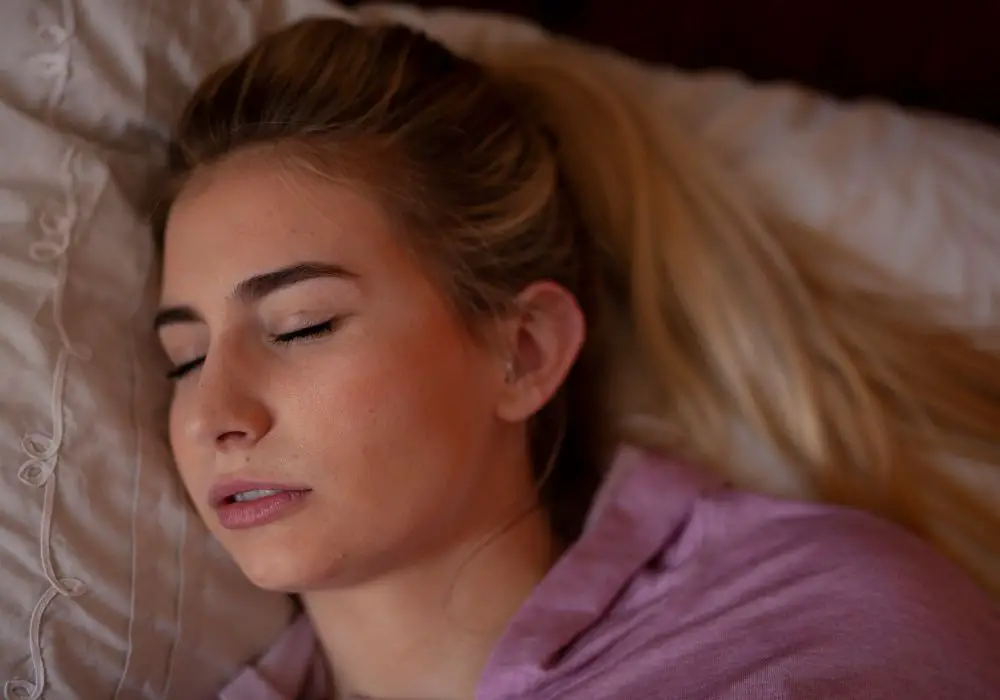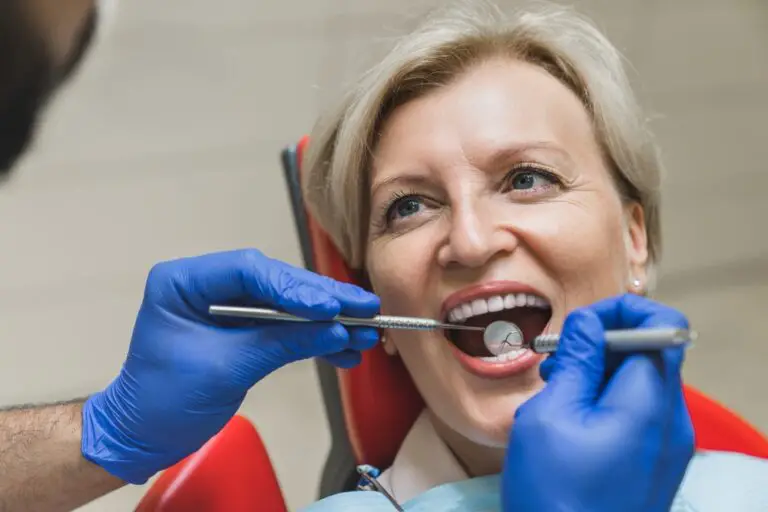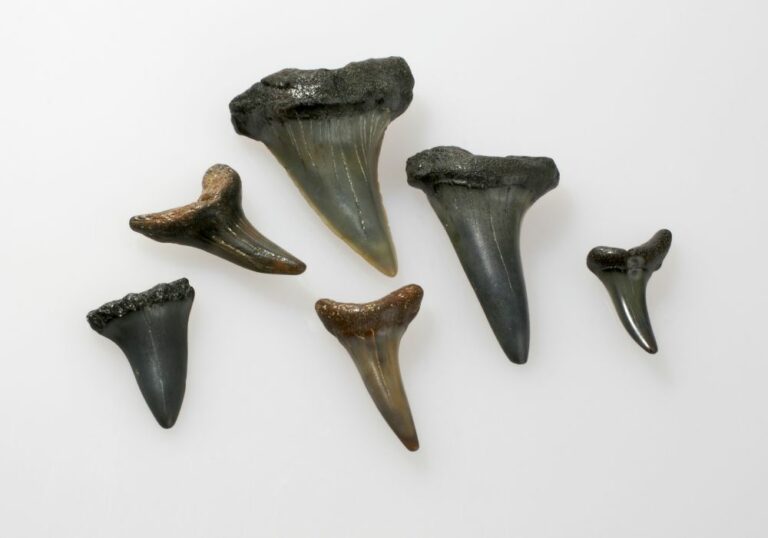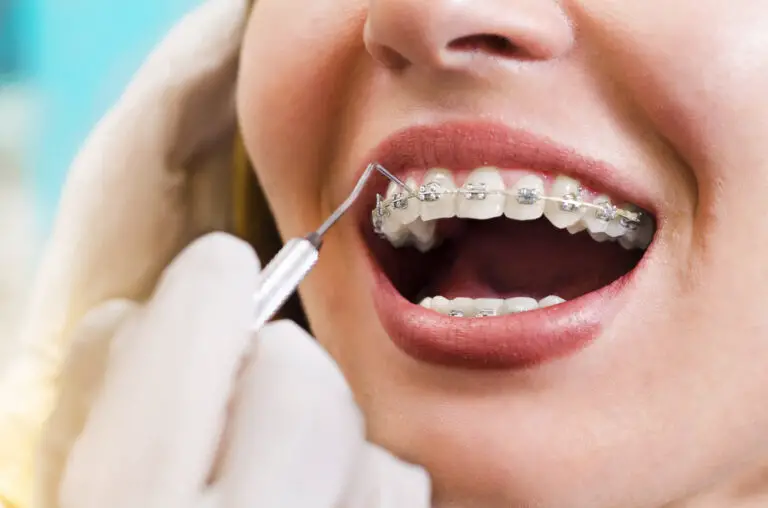Teeth grinding, known medically as bruxism, involves involuntarily gnashing, gritting or clenching your teeth. It typically occurs during sleep, although some people also grind their teeth when awake. Teeth grinding can lead to damaged teeth, jaw disorders and headaches if left unchecked. Understanding the causes, symptoms, diagnosis and treatments for bruxism is key to stopping this harmful habit.
What leads to nocturnal teeth grinding?

Nocturnal bruxism has a variety of possible causes:
Stress and Anxiety
- Mental stressors like work pressure, financial concerns or relationship issues can manifest physically with teeth grinding.
- The amygdala region of the brain that regulates stress and emotions may influence bruxism.
- Highly anxious or competitive personality types may be prone to teeth grinding.
- Big life events like a new job, marriage or pregnancy can trigger bruxism flare ups.
Genetics
- Bruxism tends to run in families, indicating a potential genetic component.
- Inherited physical traits like jaw shape and structure may increase grinding risks.
- Other genetic sleep disorders like restless leg syndrome are associated with teeth grinding.
Sleep Disorders
- Conditions like sleep apnea (obstructed breathing) can lead to grinding as you struggle to breathe.
- Insomnia, narcolepsy and frequent night awakenings are linked to increased bruxism.
- Night terrors, sleep walking and REM behavior disorder may also cause grinding.
Medications
- Antidepressants, especially selective serotonin reuptake inhibitors (SSRIs) are tied to teeth grinding.
- Medications for Parkinson’s disease, hypertension and seizures can also contribute to bruxism.
- Withdrawal from some substances like alcohol, cocaine or amphetamines may temporarily increase grinding.
Neurological Disorders
- Dementia, Parkinson’s disease and Huntington’s disease involve changes in the brain that can stimulate teeth grinding.
- Traumatic brain injuries are also associated with a higher incidence of bruxism.
- Developmental disorders like cerebral palsy and autism spectrum disorder may have comorbid teeth grinding.
Other Medical Conditions
- Gastroesophageal reflux disease (GERD) can cause teeth grinding, along with heartburn and coughing.
- Congestion and nasal obstruction from allergies or sinusitis may lead to bruxism.
- Ear infections and orthodontic issues like misaligned bite are also linked to teeth grinding.
What are the signs and symptoms of teeth grinding?
Symptoms of teeth grinding during sleep include:
- Headache or jaw soreness upon waking
- Tooth sensitivity and pain when chewing
- Damage to tooth enamel like fractures and chipping
- Excessive tooth wear and flattening of biting surfaces
- Loose, shifting or lost teeth over time
- Clicking, popping or discomfort in jaw joint
- Involuntary clenching of jaw muscles during the day
- Disrupted sleep for bed partners due to grinding noises
- Indentations on tongue or inner cheek from chewing
- Facial pain and neck pain
Severe bruxism can fracture dental crowns and restorations in addition to natural teeth. You may notice a chewing or scraping noise while you grind your teeth at night. Some people develop large masseter jaw muscles from frequent clenching and grinding.
How do dentists diagnose bruxism?

Diagnosing nocturnal teeth grinding uses several approaches:
- Clinical examination – The dentist looks for typical signs of wear from grinding like flattened teeth, mouth injuries, and sore jaw muscles. They may also notice dental restoration damage.
- Polysomnography – This sleep lab test monitors brain waves, breathing, heart rate, muscle activity and more to correlate teeth grinding with sleep stages.
- Home sleep study – A small sleep monitor worn on the finger or wrist can record sleep data and body movements pointing to bruxism at home.
- Questionnaires – Questions about medical history, medications, sleep quality and teeth grinding symptoms help dentists evaluate bruxism.
- Intraoral appliances – Custom dental devices measure the force of your bite to identify abnormalities indicating teeth grinding.
- Patient/bed partner reports – Individuals who hear you grinding your teeth can provide useful subjective data to your dentist.
What problems can arise from chronic teeth grinding?
Without treatment, ongoing bruxism can result in:
- Tooth damage – Enamel wears down, dentin is exposed, teeth crack and fracture more readily.
- Gum recession – Pressure on the teeth can cause the gums to recede and expose more tooth surface to decay.
- Tooth loss – Eventually, loose severely damaged teeth may need extraction and replacement.
- TMJ disorders – Jaw joint pain, popping sounds, and limited motion from overexerted muscles.
- Headaches – Grinding places strain on the muscles and tissues in the head and neck leading to chronic headaches.
- Sleep disruption – Loud grinding noises interrupt sleep quality for the grinding individual and their bed partner.
- Stress and anxiety – These mental health issues worsen with the pain, fatigue and relationship strain of chronic bruxism.
Severe teeth grinding can alter your facial appearance over time due to wear and shifting teeth positions requiring orthodontic realignment.
What are the treatment options for teeth grinding?
Treatments for teeth grinding range from dental devices and medication to psychotherapy:
- Occlusal splint – Also called night guards, these cover the teeth to prevent damage from grinding and absorb force.
- Botox injections – Injections of botulinum toxin into jaw muscles can temporarily relieve grinding for a few months.
- Muscle relaxants – Medications like benzodiazepines relax the muscles to limit contractions that produce grinding.
- Dental repair – Restorations like crowns and fillings repair any damage already caused by bruxism.
- TMJ treatment – Therapies like ultrasound, cold laser, massage, and splints can relieve jaw joint pain exacerbated by grinding.
- Stress management – Counseling, cognitive behavioral therapy, meditation, hypnosis and/or medication can help reduce stress-related grinding.
- Biofeedback – This technique uses electric sensors to detect bruxism activity and provide feedback to help change muscle and grinding habits.
- Avoid triggers – Eliminating alcohol, caffeine and medications linked to grinding can help reduce bruxism.
Tips to stop grinding teeth while sleeping

Along with professional treatment, you can try these self-care tips to help curb teeth grinding at night:
- Use a warm compress or ice pack on your jaw before bed to relax the muscles
- Train yourself to rest your tongue between your teeth at night to keep your mouth open
- Practice stress relief techniques like yoga and deep breathing before bedtime
- Avoid alcohol, caffeine, tobacco and screen time in the evenings
- Get a comfortable mouthguard from your dentist to wear at night
- Sleep on your side instead of your back to make grinding more difficult
- Listen to soothing music or use a white noise machine to lull yourself to sleep
- Make sure any contributing medical conditions like sleep apnea are properly treated
Answers to Common Questions about Teeth Grinding:
Is teeth grinding a sign of sleep apnea?
It can be, since people with sleep apnea grind their teeth as they struggle to breathe properly. Sleep studies help dentists identify if apnea is causing bruxism.
Can you permanently damage your teeth from grinding?
Yes, severe long-term grinding can cause enough deterioration and misalignment that teeth may need extraction and dental implants or bridges to replace them.
Can Botox for teeth grinding cause problems with chewing or swallowing?
It can cause short-term difficulty chewing or mild dysphagia from weakened muscles, but these effects dissipate as the Botox wears off after 3-4 months.
Does teeth grinding affect your bite alignment?
The pressure exerted on teeth can shift them out of proper occlusion. This misaligned bite then exacerbates grinding and other dental issues.
Can children grind their teeth from stress too?
Yes, children experience stress and anxiety that may manifest as bruxism. Pediatric dentists treat teeth grinding in children by addressing factors like inadequate sleep, congestion from allergies, and daytime habits like pacifier use.
Why doesn’t my dentist suggest I stop grinding instead of just giving me a night guard?
Since teeth grinding happens unconsciously during sleep, patients are unable to simply decide to stop. Dental devices protect teeth from damage that will still occur until underlying causes of bruxism are addressed.
In Conclusion:
Teeth grinding can have serious consequences but multiple strategies exist to curtail it. See your dentist right away if you suspect you are grinding your teeth at night. They can prescribe dental protection, treat any jaw joint issues, and help you address the root causes of your bruxism through lifestyle changes, physical therapy, psychotherapy or medication. Consistent long-term treatment can effectively manage teeth grinding and prevent extensive permanent damage.







